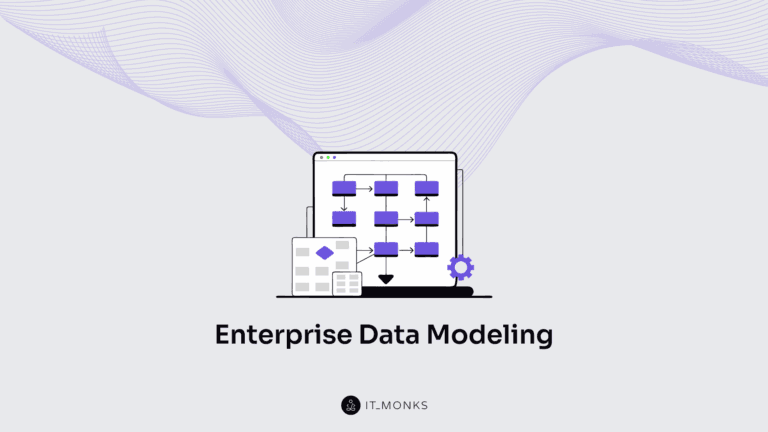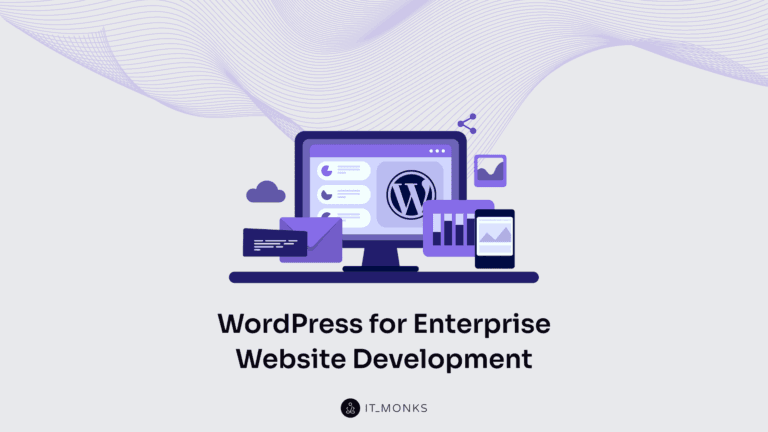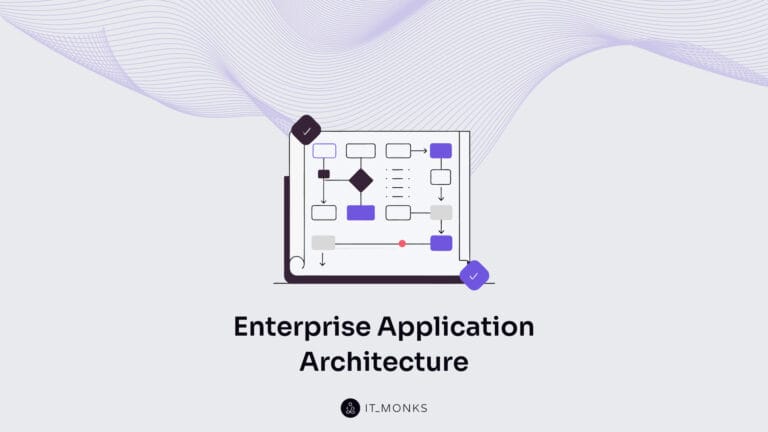Website Discovery Phase – 10 Steps to Discover with a Web Development Agency
Table of Contents

Launching a website quickly can be a game-changer for your online presence and business goals. Collaborating with a web development agency can streamline the process and ensure a successful website launch. This comprehensive guide will explore the crucial website discovery phase and why it’s essential for expediting your website development.
What is a Website Discovery Phase?
The website discovery phase is the first step in creating a website. During this stage, web developers and designers meet with clients to discuss important aspects of the website before starting its construction.
They gather and analyze essential information needed for the project, such as the desired type of website, target audience, and achievable goals. This information helps the development team formulate a plan for the project.
Simply put, constructing a website is similar to building a house. Just as a house needs a solid foundation and a blueprint, the discovery phase establishes the foundation and layout for the website, ensuring that everything is in its proper place.
Why Does the Website Discovery Phase Matter?
The website discovery phase is crucial for businesses, and developers and designers strongly advise against skipping it. This phase allows for better solutions by understanding the problem at hand. Developers can create a website that addresses these issues by sitting down with clients and discussing their business needs. Skipping this phase often leads to websites that fall short of their promises and only attract clicks and views, as the development team is unclear on the project’s primary goal.
User experience (UX) is prioritized in the discovery phase as well. Understanding the target audience and how users interact with the site helps enhance the overall user experience. Neglecting the end-user can result in poorly designed websites, harming a business’s reputation.
The discovery phase also helps reduce delays and costs. Having a well-defined roadmap and everyone on the team sharing the same understanding, productivity increases, and delays are prevented. Listing expected expenses also helps control the overall business investments and avoid exceeding the budget. The primary purpose of this phase is to ensure a smooth and planned progression of the project, saving businesses from costly delays.
Tips For A Successful Discovery Phase
Here are our top tips to ensure a successful discovery phase in your web development journey:
- Engage Everyone. Involve all team members who will play a role in the web development process in the discovery phase. The more insights and expertise you gather at this stage, the more influential the process becomes.
- Prioritize User Insights. Remember, user personas and statistics only go so far; they aren’t a substitute for real user experiences. Arrange in-person meetings with your website or product users, observe their interactions, and ask about their experiences to gain valuable insights.
- Secure Stakeholder Buy-In. To minimize the chances of encountering displeased stakeholders, including upper-level executives, it’s vital to include them in the discovery process. Ensure they give their approval for the project before work officially commences.
- Treat Discovery as a Standalone Project. Consider treating the discovery phase as a distinct project with clearly defined deliverables. This approach allows you to assess your compatibility with a web design and development company without the commitment of a full-scale development contract. You can explore other development partners if you find the discovery process unsatisfactory.
10 Steps to Discovery with a Web Development Agency
The website discovery phase consists of ten essential steps. It begins with desk research and background reading, followed by a workshop to collaborate with clients, validate assumptions, and create a detailed plan for website development. This phase provides deeper insights into the business, leading to more informed design decisions. It is also the time to consider whether a Minimum Viable Product (MVP), app, intranet, or extranet is needed instead of just a website.
The primary outcomes of the discovery process are a clickable website wireframe and a clear roadmap for the future. Here are the ten steps explained in detail:
Evaluation
This step involves a strategic approach to evaluate the organization’s requirements. It includes identifying long-term goals, internal and external influences, and conducting face-to-face sessions with key stakeholders to gather information such as business drivers, objectives, desired outcomes, existing website issues, marketing strategies, and budget.
Research
This step includes desk research, competitor analysis, and user interviews to understand responses and opinions about the current website or potential end-customer expectations. Existing analytics and data are also reviewed to gain insights into user behavior.
This phase encompasses desk research, including competitor and industry analysis. A web development agency also conducts user interviews to gain insights into the current website (if available) or to understand potential end-customer expectations. Existing analytics and data from user tracking tools like Crazy Egg and Full Story provide valuable information about user behavior on the current website.
Reviewing Website Goals
Here, a web development agency investigates the customer and business needs that the website must address and determines the necessary functionality to achieve these goals. This includes identifying high-level website objectives, such as selling products or services, educating, sharing content, or facilitating bookings. We also delve deeper to identify specific metrics required to achieve business objectives.
Analyzing Analytics
Starting from the perspective of any business challenges or opportunities identified, a web development agency utilizes Google Analytics to assess the current site’s performance. They examine the most visited pages, user navigation, page drop-offs, average view time, bounce rates, top organic keywords, desktop versus mobile traffic, site search behavior, and marketing tools or focus areas. Typically, experts analyze data from the past year to comprehensively understand.
Conversion Assessment
At this phase, a web development agency evaluates various conversion points, including call-back requests, contact form submissions, offer redemptions, online sales, phone calls recorded from the site, or requests for downloadable content. They assess what elements are performing well and identify areas for improvement.
Creating User Personas
This step involves creating detailed user profiles, which inform the design process. User personas are fictional representations of different types of potential users, helping a web development agency design a better user experience tailored to each segment, such as prospective customers, existing customers, press, potential employees, or investors.
Sitemap Development
Like a content table, the sitemap identifies page hierarchy and links between pages. When redesigning an existing website, a web development agency determines which pages to retain or remove and may restructure the top-level navigation to enhance the user experience.
Low-Fidelity Wireframe Sketches
These basic, black-and-white site outlines are created with the client and serve as the initial blueprint for the website’s visual design and structure. They help visualize the layout of content and functionality while considering user needs and journeys.
Flow or Process Diagrams
A web development agency maps out the user’s journey through the site, from their first interaction to their end goal. This ensures that each persona and target audience segment can efficiently access the information they need and take action through the most direct route.
Identifying Functionality Requirements
This technical specification document outlines how a web development agency will build the website. In cases where the website is a central component of the business and constitutes a substantial IT project, the technical specification is highly detailed. A web development agency also considers security, loading times, and legal implications.
Final Words
Websites play a crucial role in determining the success of your business. When developed correctly, they can support your goals and ensure customer satisfaction. By actively engaging in the discovery phase of web development, you can be confident that your business is investing in a customized platform.
At IT Monks, we can assist you in building a web design that boosts sales, builds brand recognition, and increases campaign awareness. If you would like to learn more, don’t hesitate to get in touch with us.
Contact
Don't like forms?
Shoot us an email at [email protected]

Send a Project Brief
You are currently viewing a placeholder content from Facebook. To access the actual content, click the button below. Please note that doing so will share data with third-party providers.
More InformationYou are currently viewing a placeholder content from Instagram. To access the actual content, click the button below. Please note that doing so will share data with third-party providers.
More InformationYou are currently viewing a placeholder content from X. To access the actual content, click the button below. Please note that doing so will share data with third-party providers.
More Information


